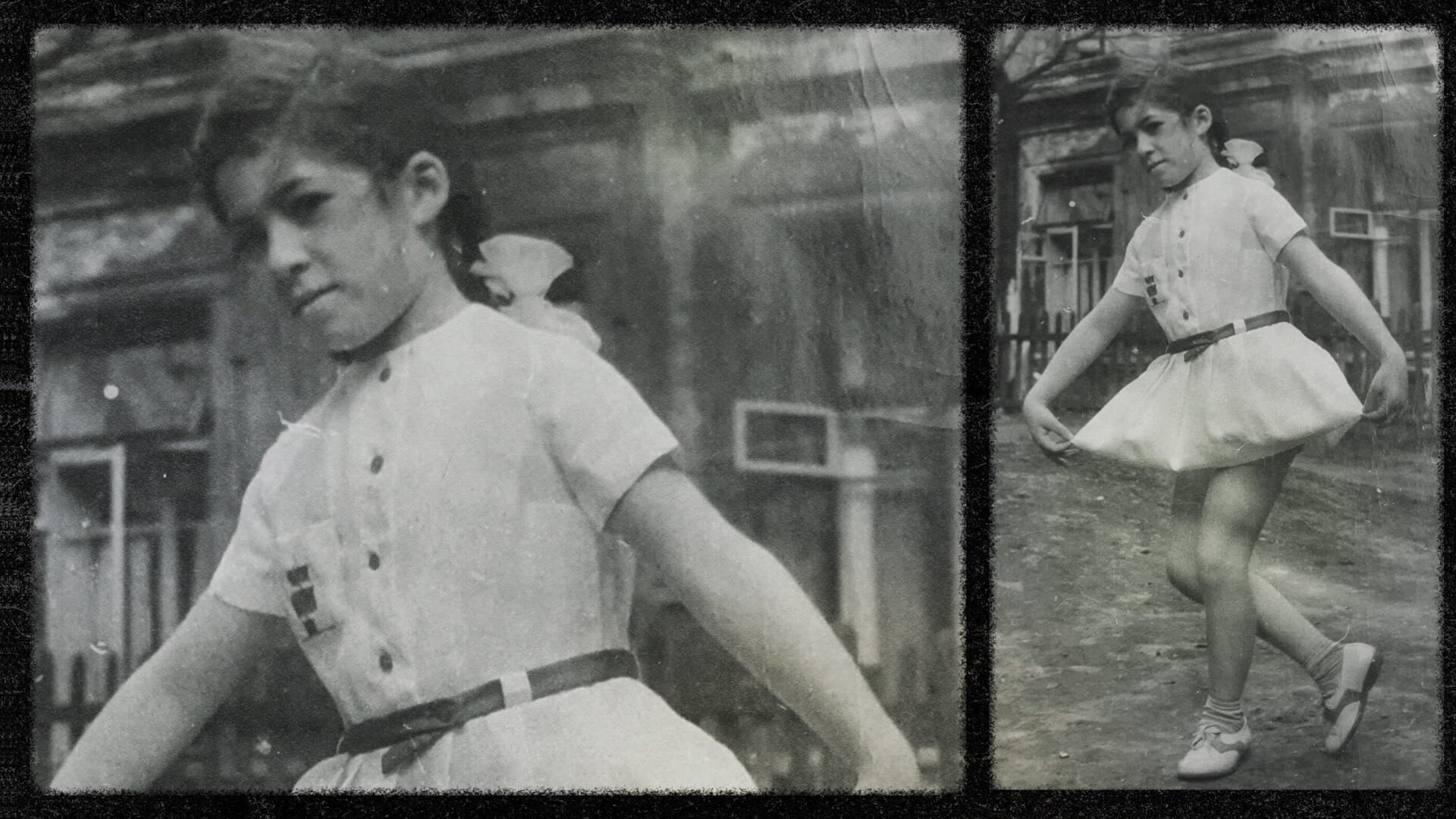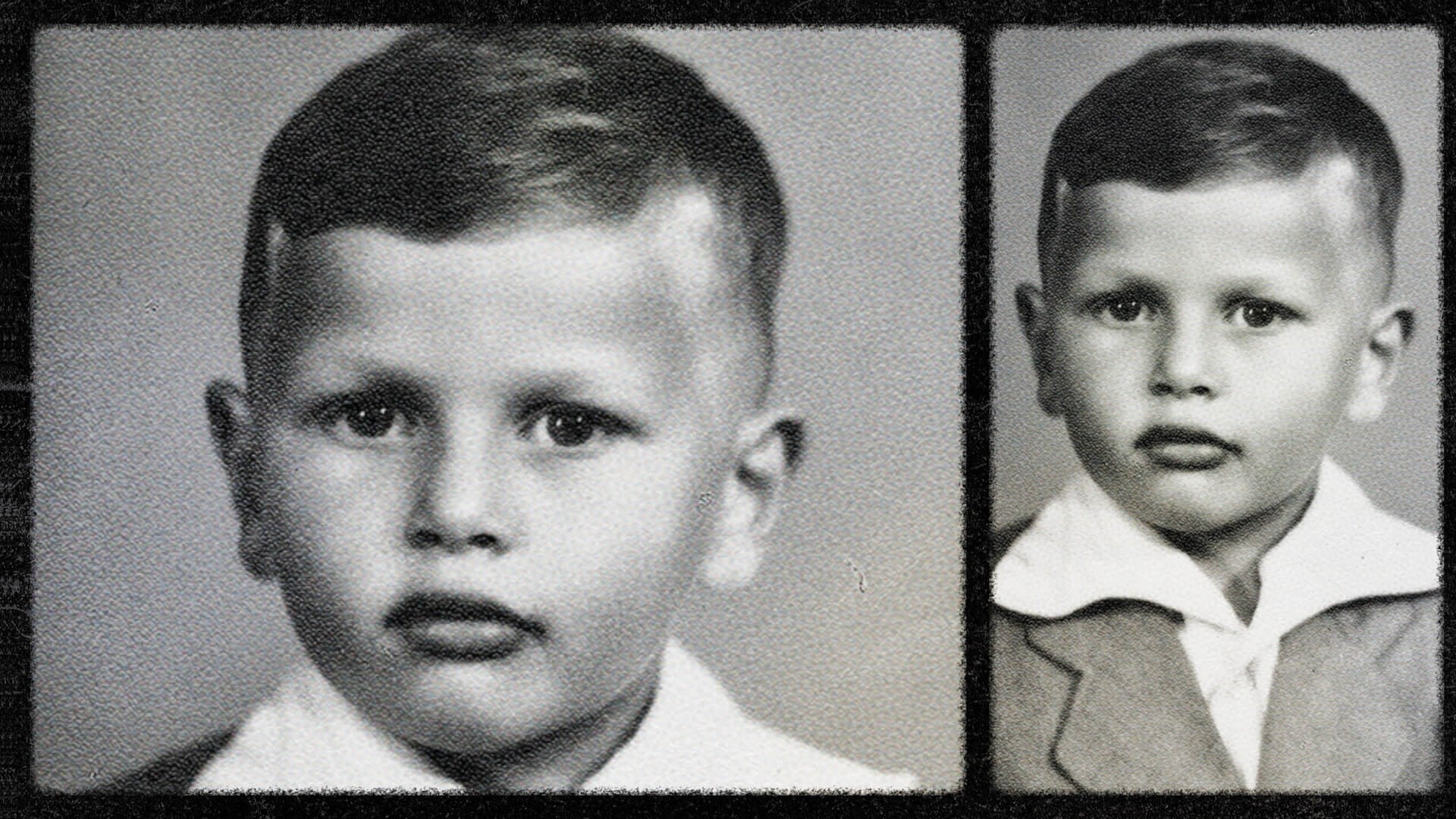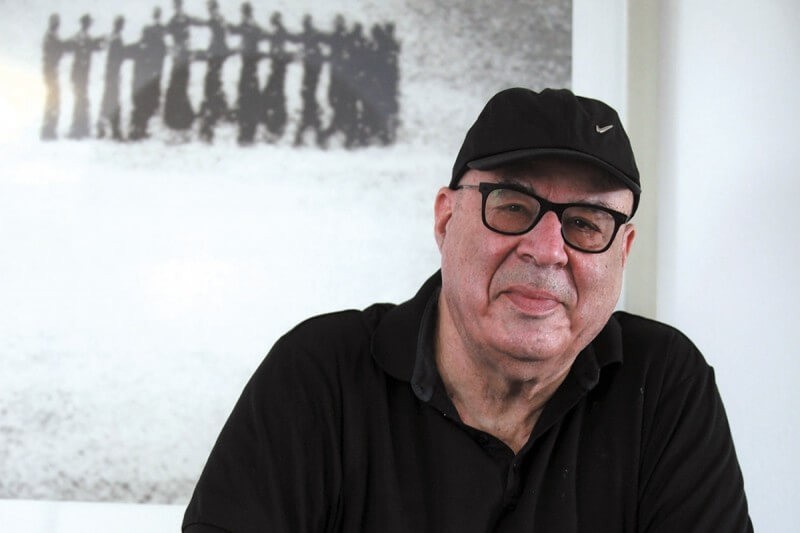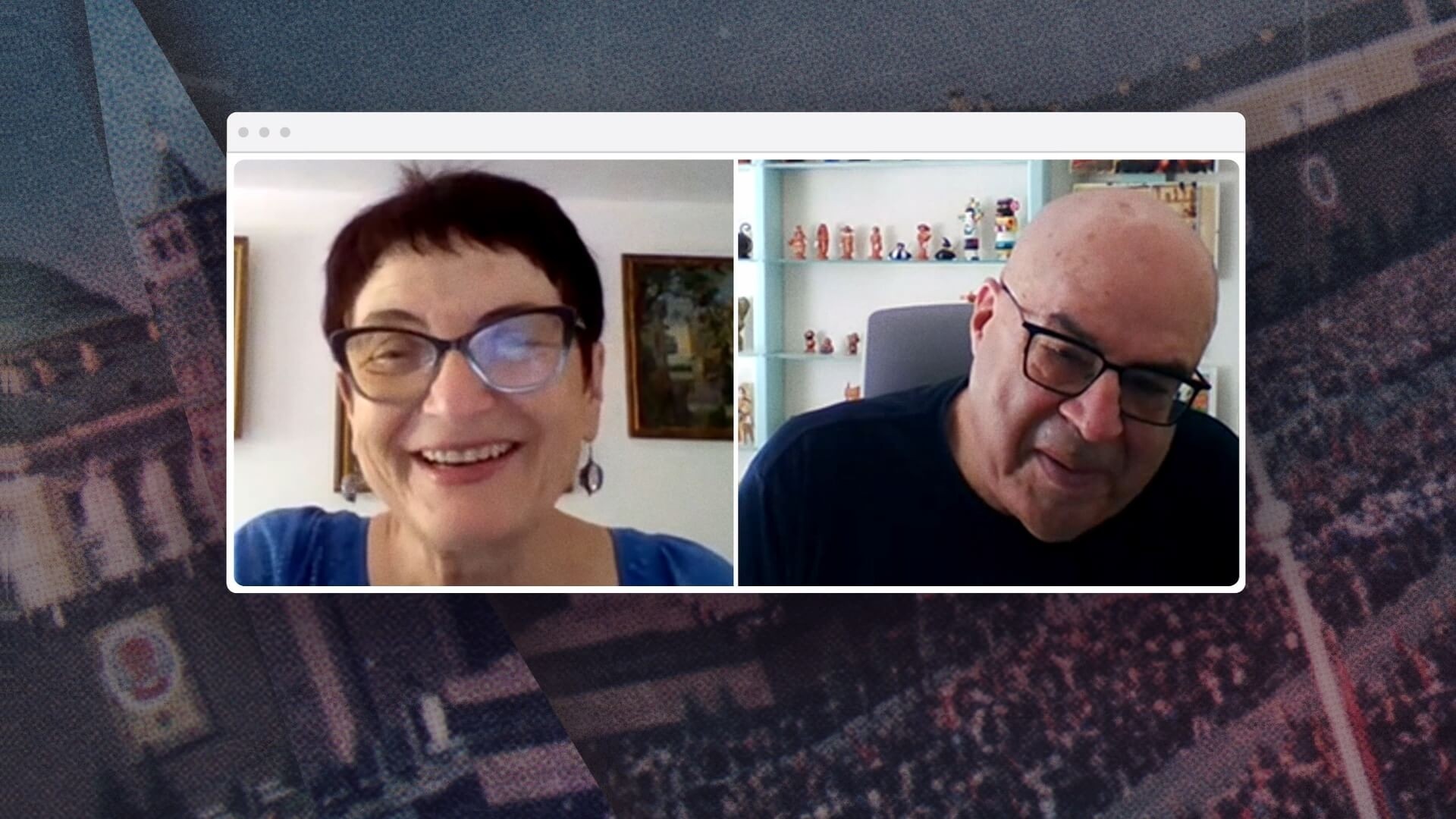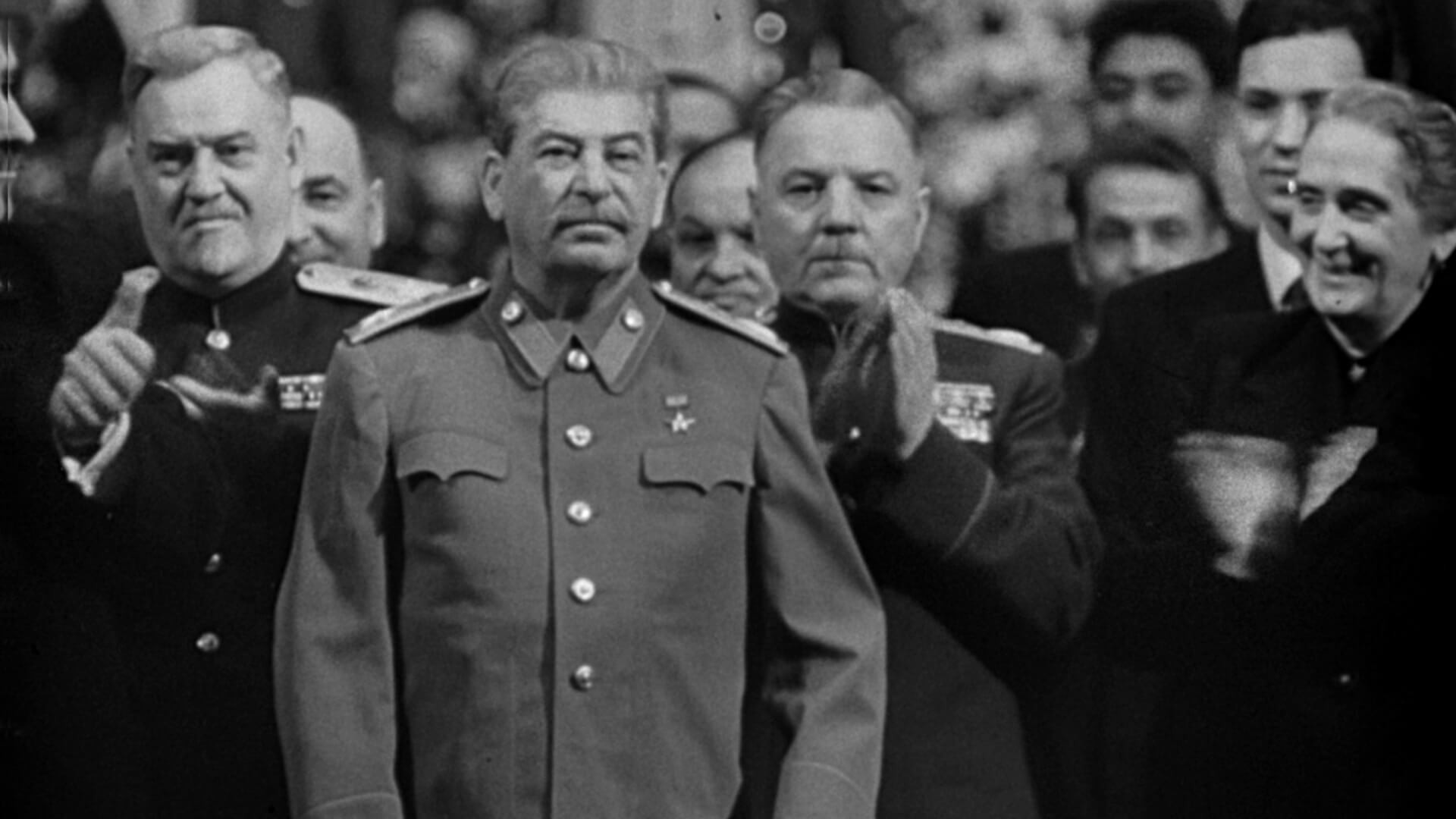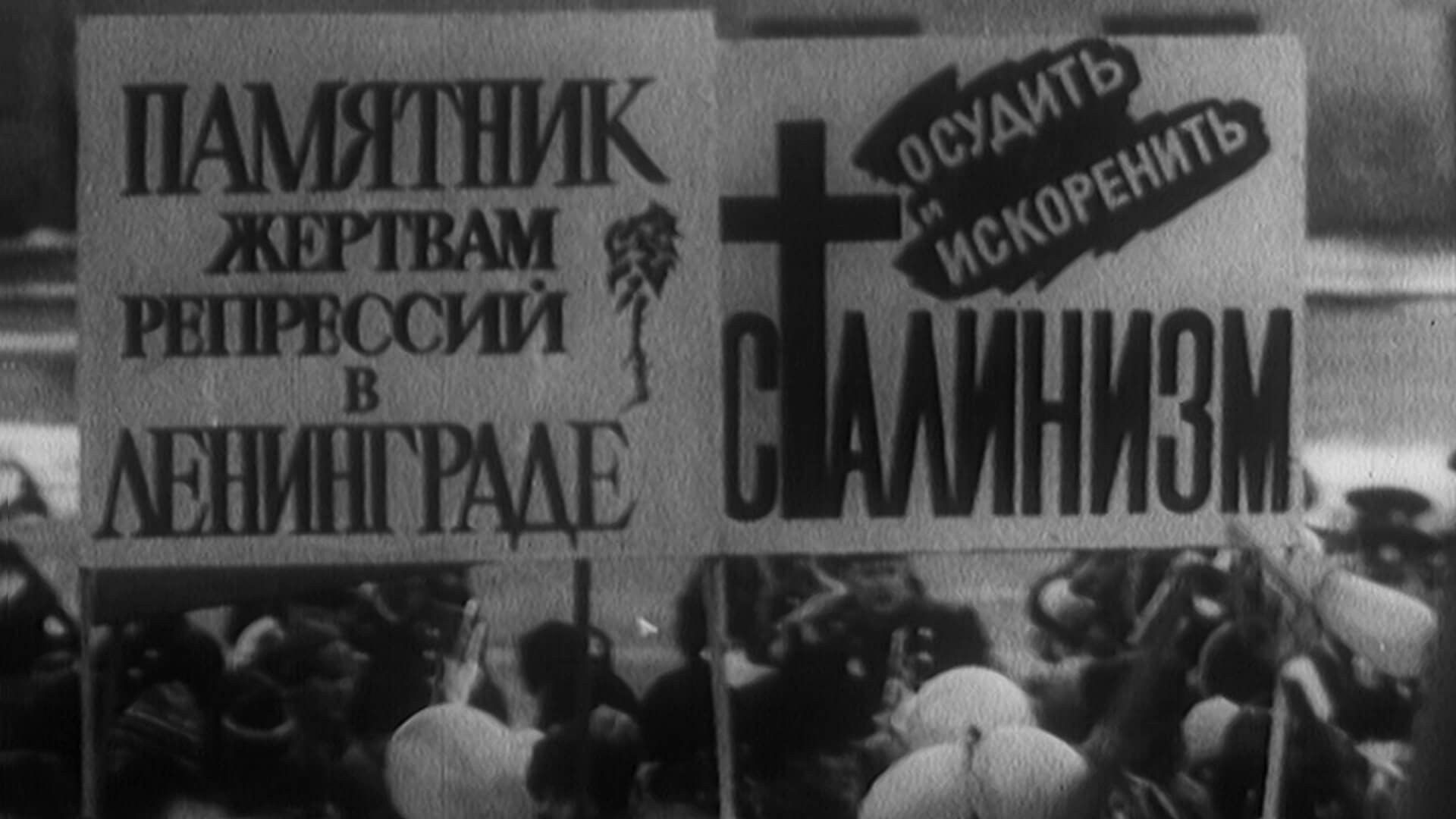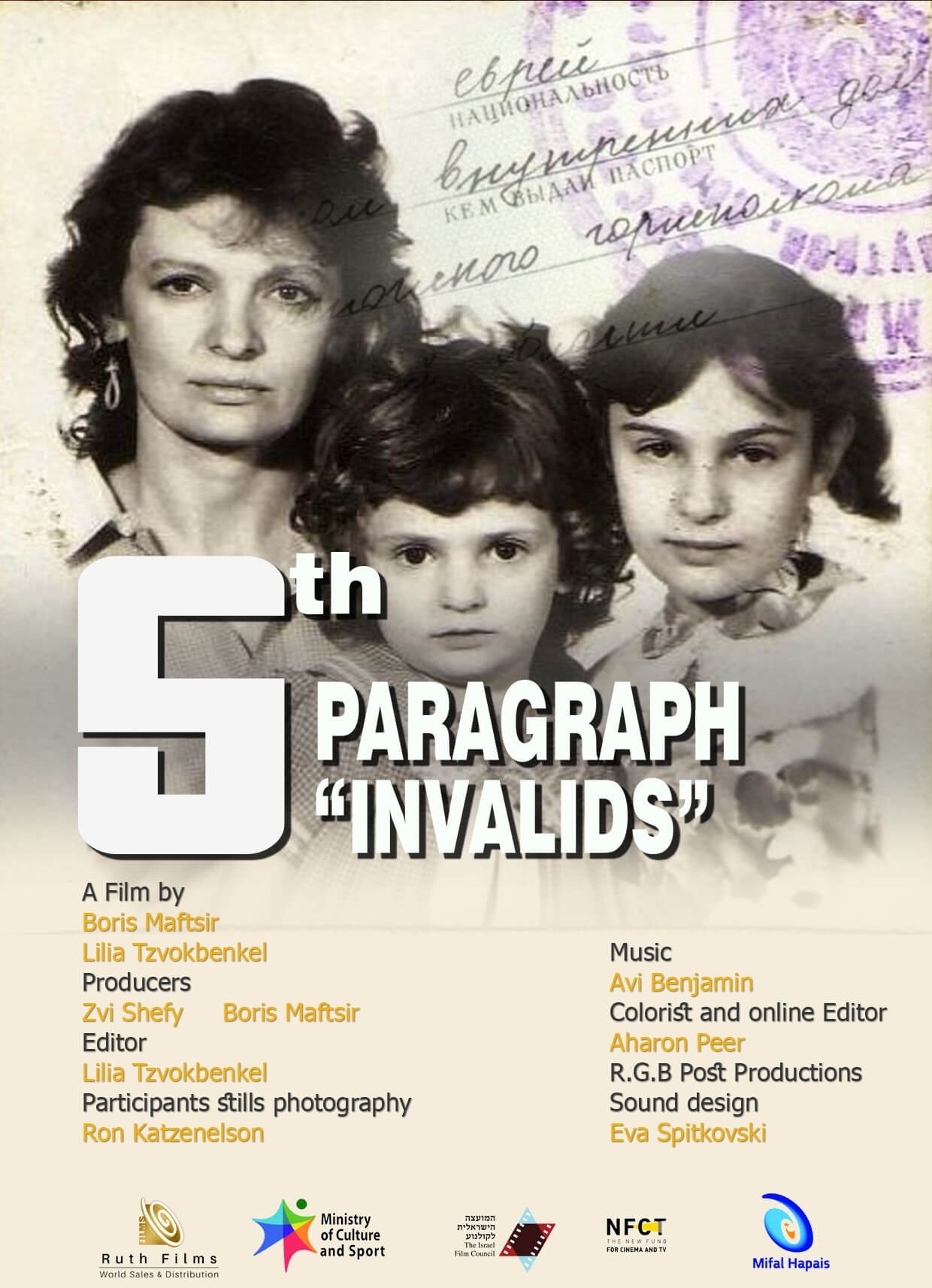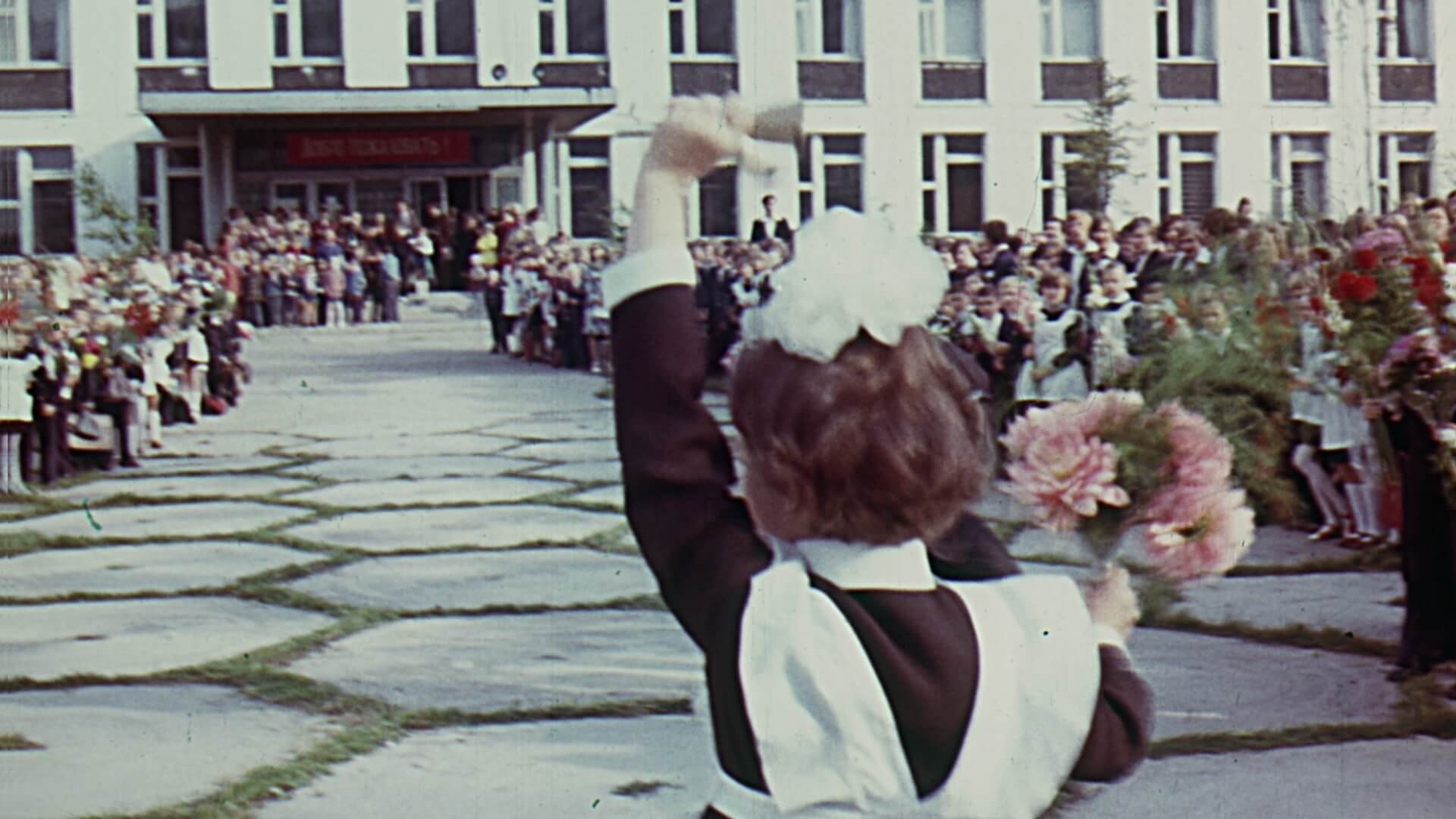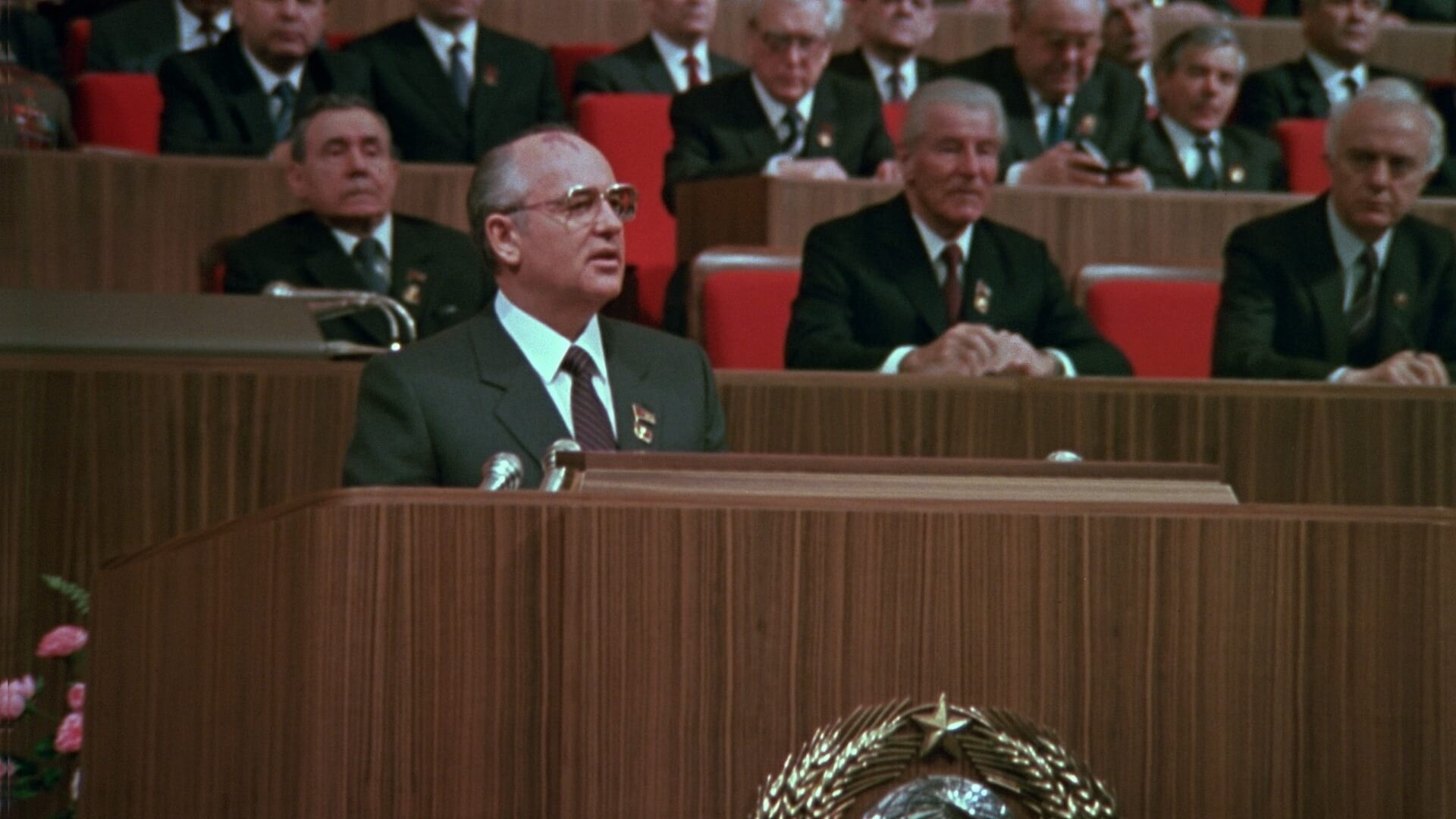In the Soviet Union all citizens were equal – in theory at least. In reality, Jews were suspected, across the board, of being disloyal towards the USSR. To have “jewrej” entered in field 5 of your ID card meant automatic stigmatisation. Those affected remember.
In a collage of archive material, photographs and Zoom interviews the film creates a panorama of anti-Semitism in the USSR from 1950 through to 1990. In the process two narratives collide: the official propaganda of a country in which all languages and cultures supposedly stood on an equal footing and accounts of omnipresent discrimination.
The contemporary witnesses interviewed, who emigrated to Israel in the early 1990s, dealt with the insults, attacks and discrimination in different ways - some hid their Jewishness, others proudly displayed their Jewish identity and learned to defend it, with recourse to violence if need be. And yet they all had to learn the lesson that, even as well-integrated Soviet citizens, they were to be labelled as second-class individuals by their fellow citizens and the authorities - sometimes literally.
The polyphony of voices fashions itself into a common statement: Nobody spoke openly about the omnipresent anti-Semitism, yet everyone knew about it.
Synopsis
In the Soviet Union all citizens were equal – in theory at least. In reality, Jews were suspected, across the board, of being disloyal towards the USSR. To have “jewrej” entered in field 5 of your ID card meant automatic stigmatisation. Those affected remember.
In a collage of archive material, photographs and Zoom interviews the film creates a panorama of anti-Semitism in the USSR from 1950 through to 1990. In the process two narratives collide: the official propaganda of a country in which all languages and cultures supposedly stood on an equal footing and accounts of omnipresent discrimination.
The contemporary witnesses...
Festivals
- Berlin Jewish Film Festival 2024
- Toronto Jewish Film Festival 2024
- San Diego JFF 2024
Festivals
- Berlin Jewish Film Festival 2024
- Toronto Jewish Film Festival 2024
- San Diego JFF 2024
